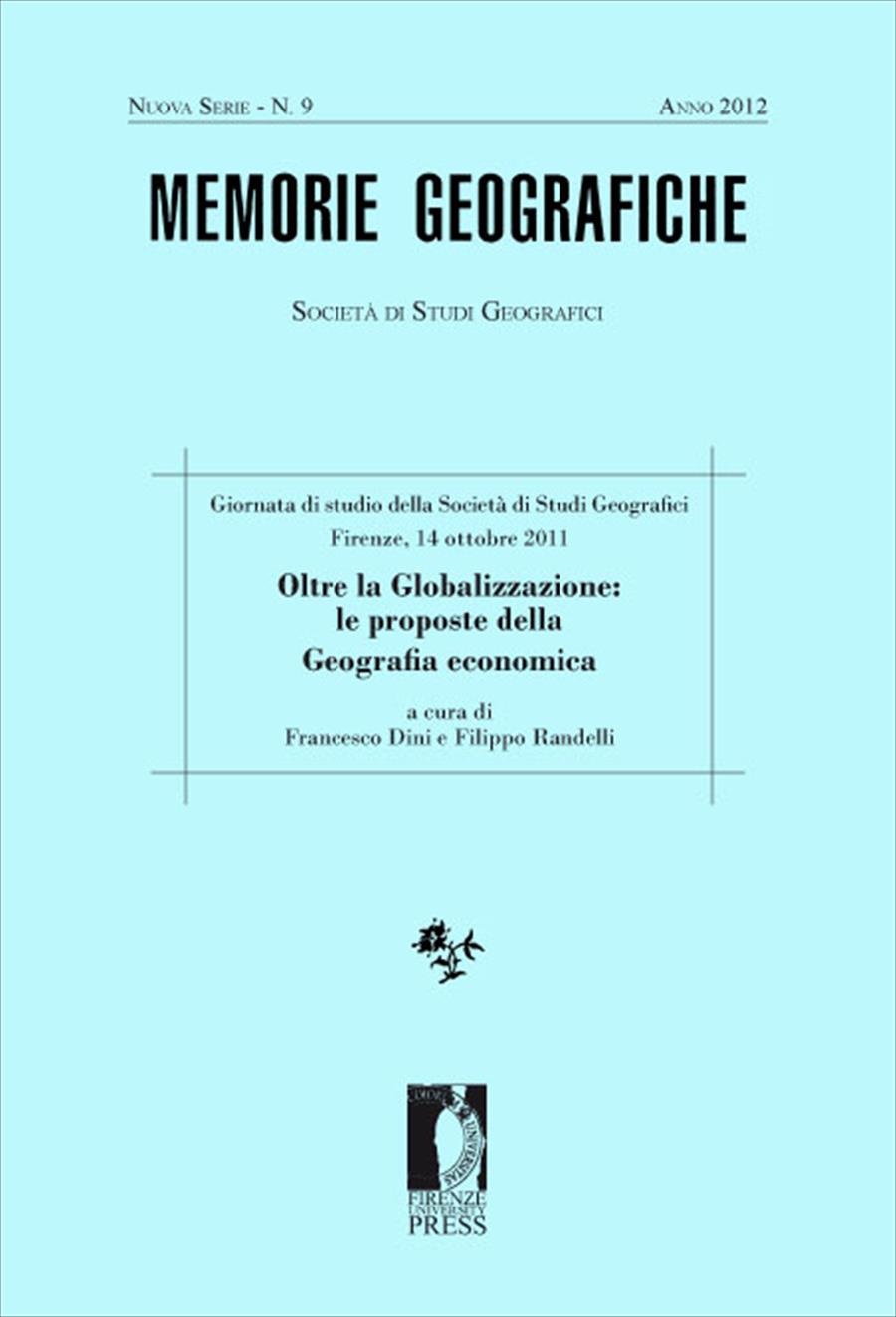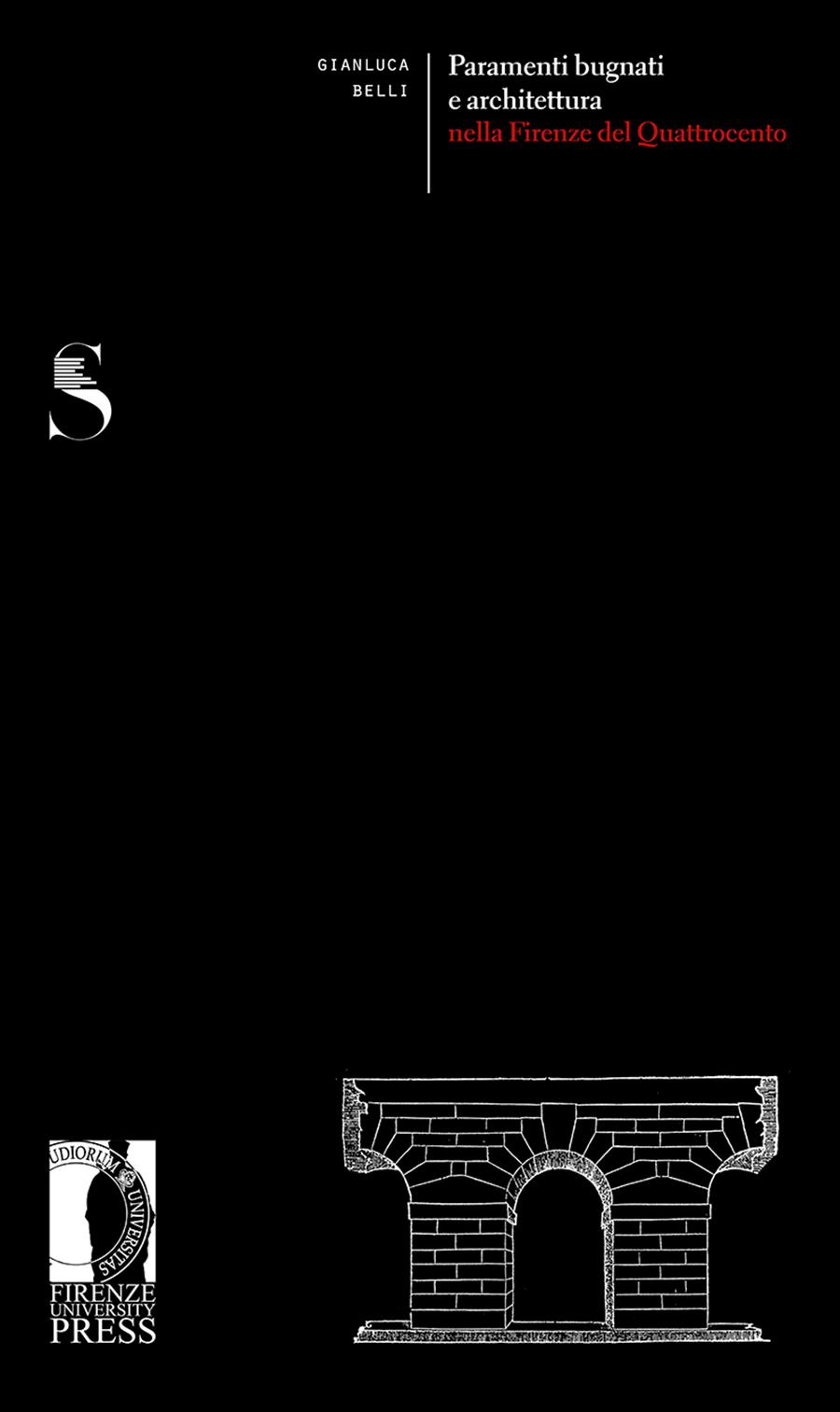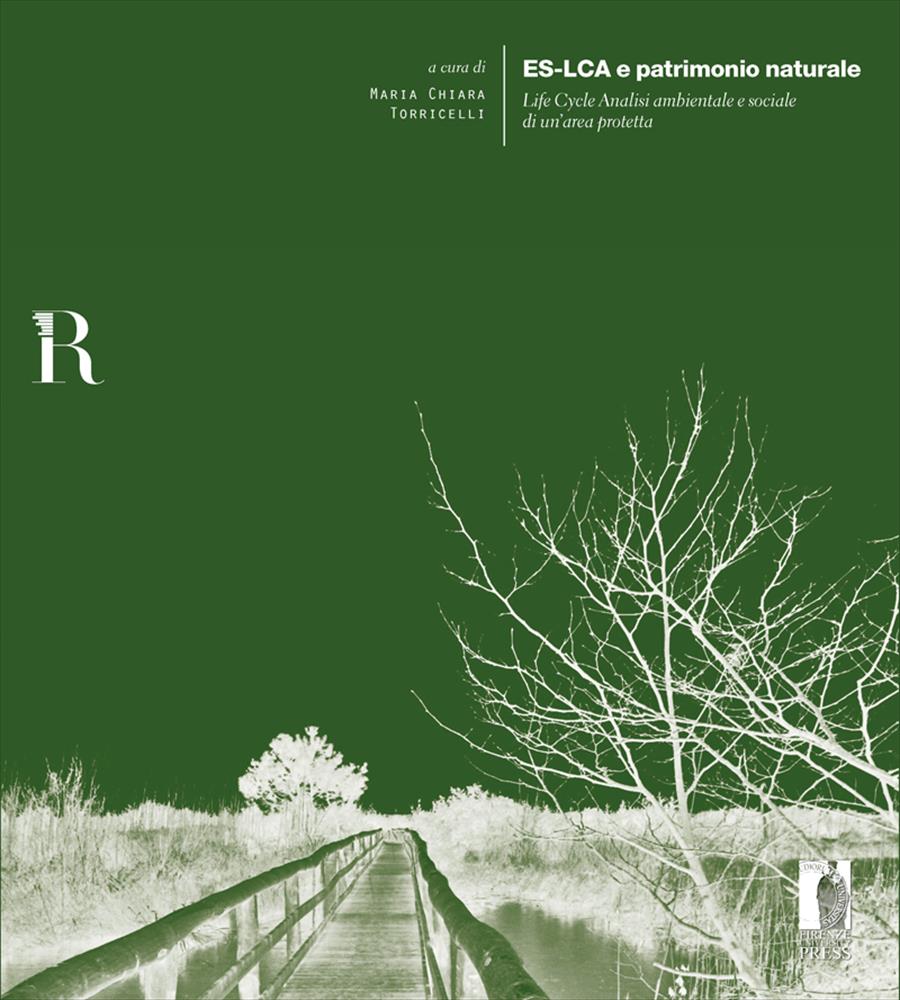Oltre la globalizzazione: le proposte della Geografia economica
Giornata di Studio della Società di Studi Geografici. Firenze 14 ottobre 2011
- Edited by:
- Filippo Randelli,
- Francesco Dini,
In 1980 Froebel, Heinrichs and Kreye published the English-language The New International Division of Labour, trying to highlight the consequences of market reorganization after the crisis of the mid 1970s, which was soon to transform into so-called globalization. A third of a century later, the "fantastic adventure" of market integration seems to have been crystallized by the 2007-2008 crisis, opening a further period of great instability. But the geography of wealth production has transformed radically and appears unrecognizable to the early-80s scholar. In a framework of great social, political and cultural change, China, a country at the time defined as an "economic dwarf", is the second largest economy on the planet and has become its "factory". The standardizing concept of "Third World" having vanished, some former colonial economies have undertaken rapid growth processes, while others have ruinously accentuated their underdevelopment. The traditionally advanced regions, then defined as "industrial", have opened out into trajectories defined, vice versa, as "post-industrial", some consolidating their competitive edge and others sparking lengthy declines.
- DOI: 10.36253/978-88-6655-307-6
- Scientific Board: Consiglio Editoriale FUP 2010-2016
- Language: Italian
- Subjects: Economics Geography
- Download PDF
-

- © 2012 Author(s)
- CC BY-ND 3.0 IT
University of Florence, Italy - ORCID: 0000-0003-4669-5832
University of Florence, Italy - ORCID: 0000-0001-6314-7198
Filippo Randelli is tenured researcher in economic geography at the University of Florence Department of Economics. He was awarded a PhD in economic geography from "La Sapienza" University in Rome in 2002 with a thesis entitled Strumenti della programmazione economico-territoriale e modelli di sviluppo locale (Tools of Economic-Territorial Planning and Local Development Models). In recent years his research has concerned the topic of the transition towards a sustainable development and evolution of clusters. Since 2012 he has taken the English-language Environment and Development course on the masters course in Advanced Development Economics. Since 2010 he has been member of the Board of Directors of the Società di Studi Geografici and head of the University of Florence GIS Laboratory. He has been visiting professor at the University of Utrecht in Holland (2010) and at the University of Cambridge in Great Britain (2011).
- Publication Year: 2012
- Pages: 616
- eISBN: 978-88-6655-307-6
- Content License: CC BY-ND 3.0 IT
- © 2012 Author(s)
- Publication Year: 2012
- eISBN: 978-88-9273-594-1
- Content License: CC BY-ND 3.0 IT
- © 2012 Author(s)
Bibliographic Information
Book Title
Oltre la globalizzazione: le proposte della Geografia economica
Book Subtitle
Giornata di Studio della Società di Studi Geografici. Firenze 14 ottobre 2011
Editors
Filippo Randelli, Francesco Dini
Peer Reviewed
Publication Year
2012
Copyright Information
© 2012 Author(s)
Content License
Metadata License
Publisher Name
Firenze University Press
DOI
10.36253/978-88-6655-307-6
eISBN (pdf)
978-88-6655-307-6
eISBN (xml)
978-88-9273-594-1
Series Title
TITOLO FUORI COLLANA






